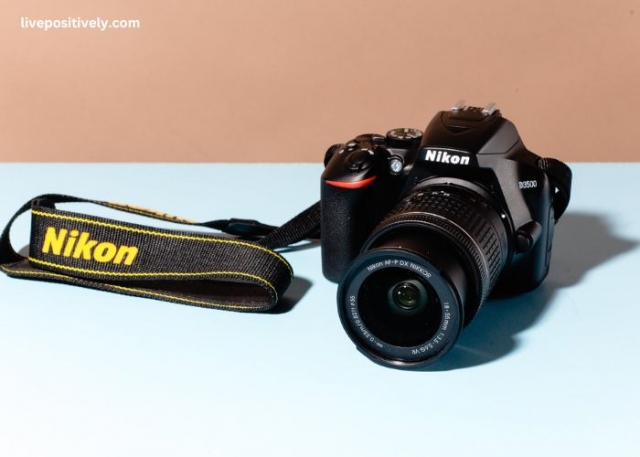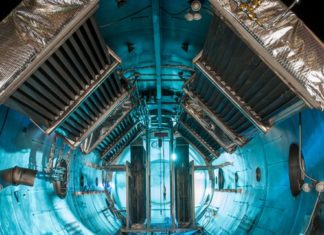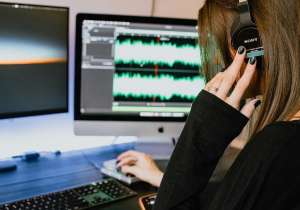If you're passionate about photography or just looking to level up your skills, investing in a DSLR camera is a great choice. These cameras offer exceptional image quality, versatility, and full manual controls that allow you to unleash your creativity. But with so many options available, choosing the right DSLR can feel overwhelming. Don't worry—we've got you covered! In this guide, we'll walk you through everything you need to know to find the perfect camera for your needs.
Why Choose a DSLR Camera?
DSLR cameras have been the go-to choice for photographers for years, and for good reason. Unlike compact cameras or smartphones, a DSLR camera comes with interchangeable lenses, larger image sensors, and better manual control, making it an excellent tool for capturing stunning photos and videos. Whether you're an aspiring photographer or a seasoned pro, a DSLR offers flexibility and high-quality results that other cameras just can't match.
Key Features to Consider
When shopping for a DSLR, there are a few key features to keep in mind:
1. Sensor Size
The sensor size is one of the most important factors affecting image quality. Most DSLRs come with either an APS-C (crop sensor) or full-frame sensor. Full-frame cameras generally offer better low-light performance and dynamic range, but they tend to be more expensive. APS-C models, on the other hand, are more affordable and still provide excellent image quality.
2. Megapixels
While many people assume that more megapixels mean better photos, that's not always the case. For most photographers, a DSLR camera with 18-24 megapixels is more than enough for high-quality images and prints. What matters more is the quality of the sensor and the lens you pair with it.
3. Autofocus System
If you're into action or wildlife photography, having a fast and accurate autofocus system is crucial. Higher-end DSLR cameras offer advanced autofocus systems with more focus points, making it easier to track moving subjects.
4. Lens Compatibility
One of the biggest advantages of DSLR cameras is the ability to change lenses. Before buying a DSLR, consider the availability and cost of compatible lenses. Some brands have a wider selection of lenses than others, which can impact your long-term investment.
5. Video Capabilities
If you plan on shooting video, look for a DSLR camera with at least 1080p resolution (or even 4K, if available). Also, consider features like microphone input, frame rates, and autofocus performance during video recording.
Top DSLR Cameras for Beginners
Now that you know what to look for, here are some great DSLR cameras to consider if you're just starting out:
- Canon EOS Rebel T7 / 2000D – A budget-friendly DSLR with a user-friendly interface and solid image quality.
- Nikon D3500 – One of the best beginner-friendly DSLR cameras, offering excellent battery life and great image quality.
- Canon EOS 90D – A versatile choice with 4K video, great autofocus, and high-resolution imaging.
- Nikon D5600 – A lightweight DSLR with a great touchscreen and good connectivity options.
Tips for Getting the Most Out of Your DSLR Camera
Once you've picked your DSLR camera, here are some tips to help you make the most of it:
- Learn Manual Mode – While auto mode is convenient, mastering manual settings (ISO, shutter speed, and aperture) will significantly improve your photography.
- Invest in Good Lenses – The kit lens that comes with most cameras is decent, but upgrading to a prime lens or telephoto lens can dramatically improve your shots.
- Use a Tripod – If you're into landscape or low-light photography, a sturdy tripod is a must-have.
- Experiment with Lighting – Natural light, reflectors, and external flashes can all help enhance your images.
- Edit Your Photos – Post-processing software like Adobe Lightroom can take your images to the next level.
Final Thoughts
A DSLR camera is an excellent investment for anyone serious about photography. Whether you're capturing portraits, landscapes, or action shots, the right DSLR can make all the difference. Take your time to research different models, consider your needs, and most importantly, have fun experimenting with your new camera. Happy shooting!






